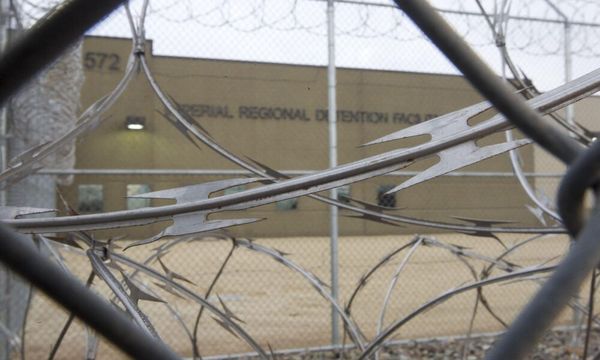A&E waiting times improved at the North East hospitals while facing the worse pressures over February, while Northumbria Healthcare continues to have the best record in England when it comes to seeing patients within four hours.
This bucks a national trend which saw performance fall slightly in February, though remain above the record lows seen in December. Across the North East's five acute NHS hospital trusts, on average the percentage of people seen in A&E in less than four hours improved slightly - by around 2%. 61.7% of people who arrived at an emergency department were seen in less than four hours.
Accounting for urgent care centres and other non A&E settings, that rises to 77.4%. In Northumbria, the best performing trust both in the region and in England, 92.3% of patients were seen in under four hours across urgent and emergency care. By comparison, the figure at all four other hospital trusts ranges between 71% and 75%.
Our region is performing above the national average as across England 71.5% of patients in England were seen within four hours in A&Es last month, with performance having worsened compared to January. The operational standard is that at least 95% of patients attending A&E should be admitted, transferred or discharged within four hours, but this has not been met nationally since 2015.
Across the region, there was also a sharp decrease in the number of patients who spent more than 12 hours waiting to be admitted to hospital. There were 103 such waits in February, compared to almost 900 in January and 1,500 in December. These improvements come despite the NHS strike action seen in early February.
Responding to the latest NHS performance figures for England, Professor Stephen Powis, NHS national medical director, said there had been “no let-up” of pressures, with staff facing “significant levels of respiratory illness in hospital, which came at the same time as disruption from industrial action”.
He continued: "Despite this, staff continued to deliver for patients, bringing down elective waits, treating more cancer patients and delivering more diagnostic tests for people than ever before.
“Not only that, but ambulance response times in February for the most serious callouts sustained improvements seen in January. This is a huge achievement. We are extremely grateful for the enormous efforts from staff, who we know are tired, after an extremely challenging few months.
"The NHS will not stop in its efforts to bring down 18 month waits for elective care and bring down the cancer backlog, but it is inevitable that if the upcoming junior doctors strikes happen they will have a significant impact on cancer care and routine operations that were scheduled to happen – as ever, we will do all we can to limit the impact to patients."
READ MORE:
- Children's charity launches England's first 'baby boxes' with essentials to give kids best start in life
- New poll shows Conservatives face North East electoral 'wipeout' as public fears they 'don't understand' impact of cost-of-living crisis
- Newcastle consultant warns smoking kills brains cells and could see people in 40s and 50s get dementia later in life
- Gateshead arts charity boss explains how £10,000 transformed mental health offering in one of the borough’s most deprived areas
- 'It's absolutely brilliant': Football legend Mick Harford backs Prostate FC- the new team taking on prostate cancer






